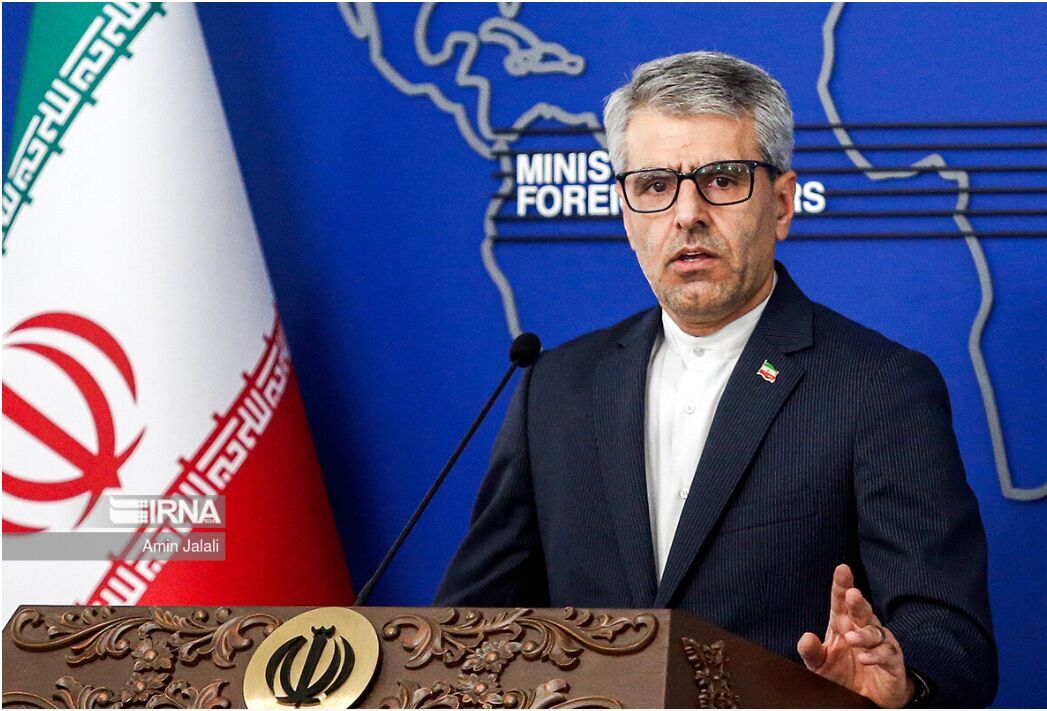
Similar Posts
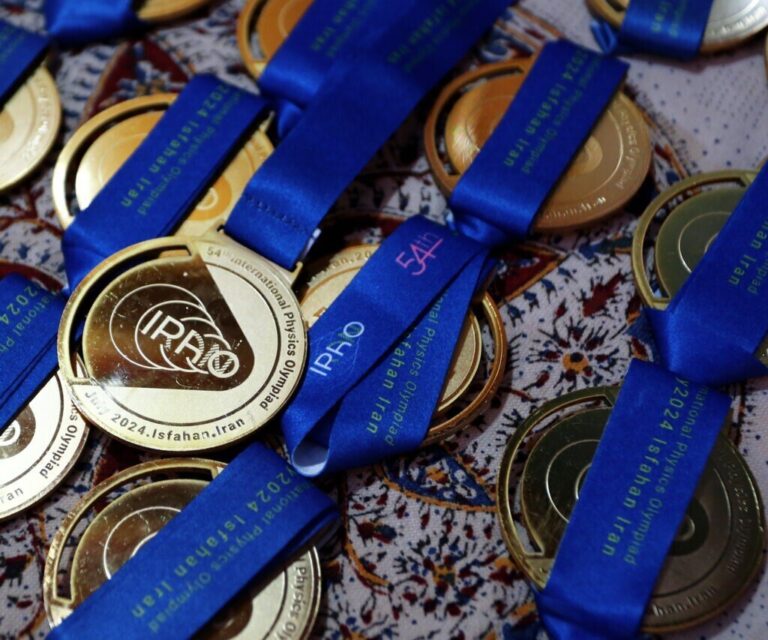
Iran Shines Bright: Third Place in Global International Olympiads Rankings!
In the past Iranian calendar year, Iran excelled in education, ranking third globally in international Olympiads by winning 12 gold medals. Reza Hosseini, head of the Young Researchers Club, aims to maintain this status and increase gold medals to over 15. Iran also hosted its first national Artificial Intelligence Olympiad, with plans to compete internationally. The country achieved first place in the Astronomy Olympiad and fourth in Biology. President Masoud Pezeshkian emphasized the importance of using science for societal benefit. With 14 approved disciplines for Olympiad participation, Iran is committed to fostering academic excellence and innovation among gifted students.
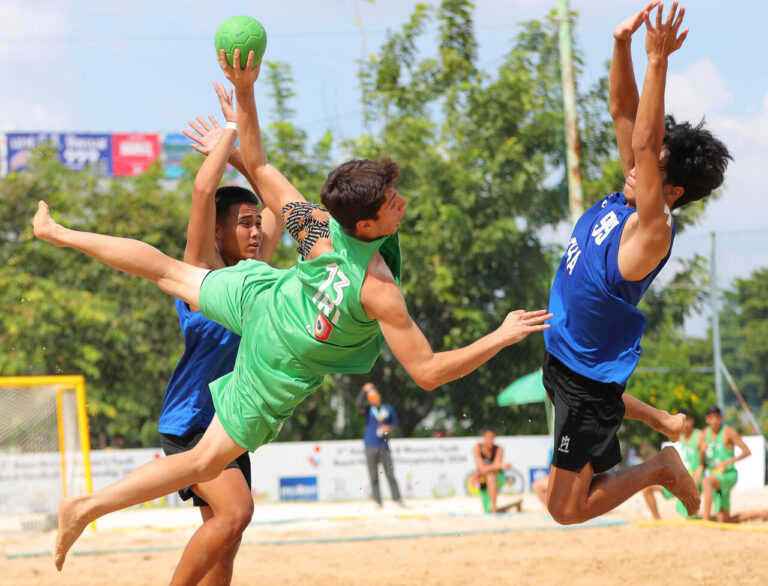
Iran’s Journey Unveiled: The Fate of the Team in the 2025 Asian Beach Handball Championship
The highly anticipated championship match is set for February 24, 2025, at 5:23 PM, in a renowned venue. Two top teams will compete, drawing significant fan interest. Ticket sales are underway, with early bird options available, and the match will be broadcast live on major sports networks. Fans can enjoy pre-game festivities, including live music, food stalls, and meet-and-greet opportunities with players. Both teams are intensively training, with a focus on strategy and mental toughness to handle the pressure. Stay updated on social media for the latest news as the event approaches, promising thrilling action and memorable moments.
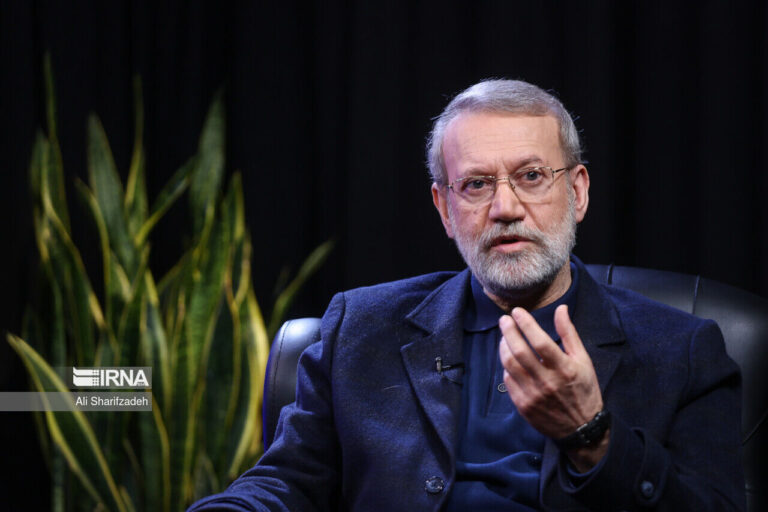
Iran Nuclear Program Talks: Political Dynamics Take Center Stage, Says Leader’s Advisor
Ali Larijani, senior advisor to Iran’s Leader, stated that the Iranian nuclear issue is primarily political, not legal. He argued that clearer guidance from the International Atomic Energy Agency (IAEA) could have circumvented the need for negotiations over Iran’s peaceful nuclear program. Speaking at a ceremony for National Teacher Day, Larijani reinforced Iran’s commitment to nuclear knowledge while criticizing other nations for dismissing this goal. He emphasized that negotiations should prioritize Iran’s interests, and if unsuccessful, should be reconsidered. Additionally, he highlighted the resilience of the Iranian people against foreign pressures and the complex nature of future negotiations with the U.S.
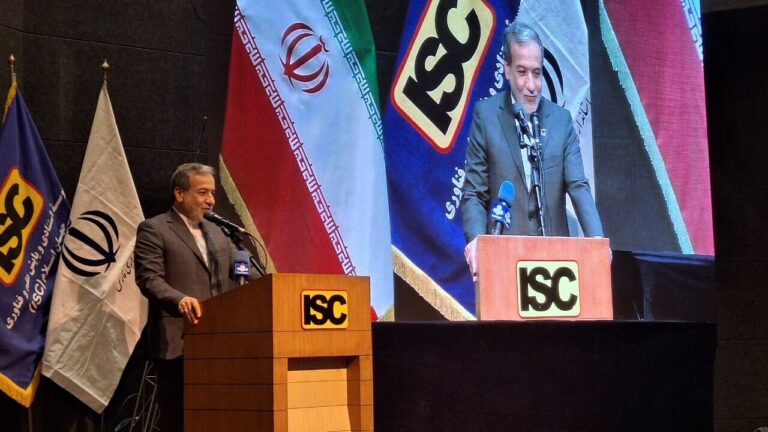
Iran’s Foreign Minister: Evading Sanctions Enhances Tehran’s Negotiating Strength
At a recent conference in Shiraz, Iranian officials, led by Abbas Araghchi, emphasized the significance of economic diplomacy and good neighborliness in fostering commercial relationships amidst ongoing sanctions. Araghchi outlined the Foreign Ministry’s role in supporting Iranian businesses by identifying non-sanctioned trade opportunities and countering economic restrictions. He asserted that U.S. sanctions have not succeeded in undermining the resilience of the Iranian people, noting that the U.S. has acknowledged there are no new sanctions to impose. The conference aimed to enhance trade relations and explore new markets, highlighting Iran’s strategy to strengthen economic diplomacy and overcome external challenges.
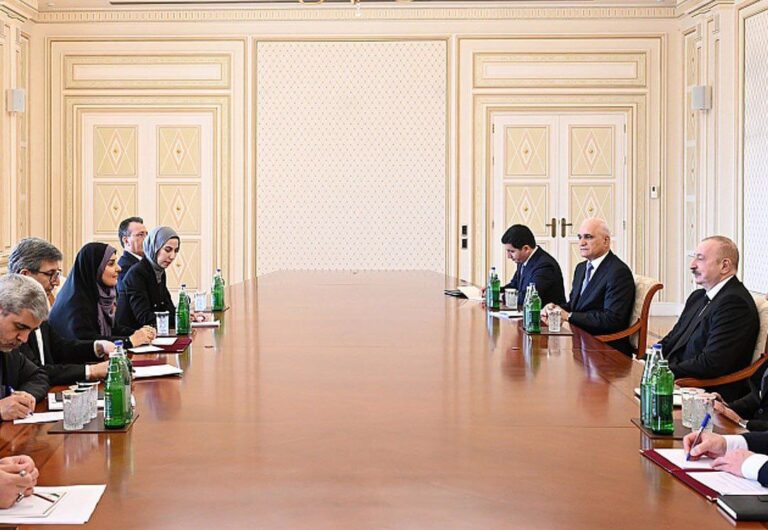
Iran’s Roads Minister Engages with Azerbaijani President Aliyev in Baku: Strengthening Bilateral Ties
Iran’s Roads Minister Sadegh is leading a delegation to Azerbaijan from April 7 to 10 to strengthen bilateral relations and enhance collaboration in transportation, customs, water and energy, oil and gas, and the Preferential Trade Agreement (PTA). The visit aims to address past challenges in joint ventures and prepare for Iranian President Masoud Pezeshkian’s upcoming trip to Baku. Key focus areas include improving trade routes, streamlining customs, exploring joint projects, and fostering technological exchange. This engagement marks a significant step in deepening the cultural and economic ties between Iran and Azerbaijan, potentially leading to mutual economic growth and regional stability.
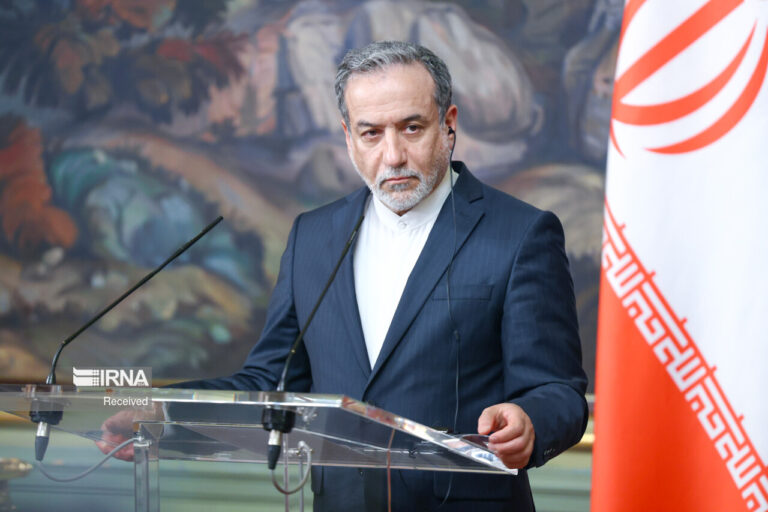
Iran’s Araqchi Signals Willingness for Respectful Engagement with U.S. in Canceled Speech
Iran’s Foreign Minister Abbas Araqchi expressed the country’s readiness to engage with the U.S. based on mutual respect, in a scheduled address at the Carnegie International Nuclear Policy Conference, which was ultimately canceled. Araqchi’s key points included Iran’s commitment to the Nuclear Non-Proliferation Treaty, opposition to nuclear arms, and advocacy for a nuclear-free Middle East. He emphasized the need for diplomacy and a new agreement that safeguards Iran’s interests post-JCPOA, while addressing misconceptions about U.S.-Iran relations. Araqchi concluded that constructive engagement requires respect for Iran’s cultural identity and historical context.